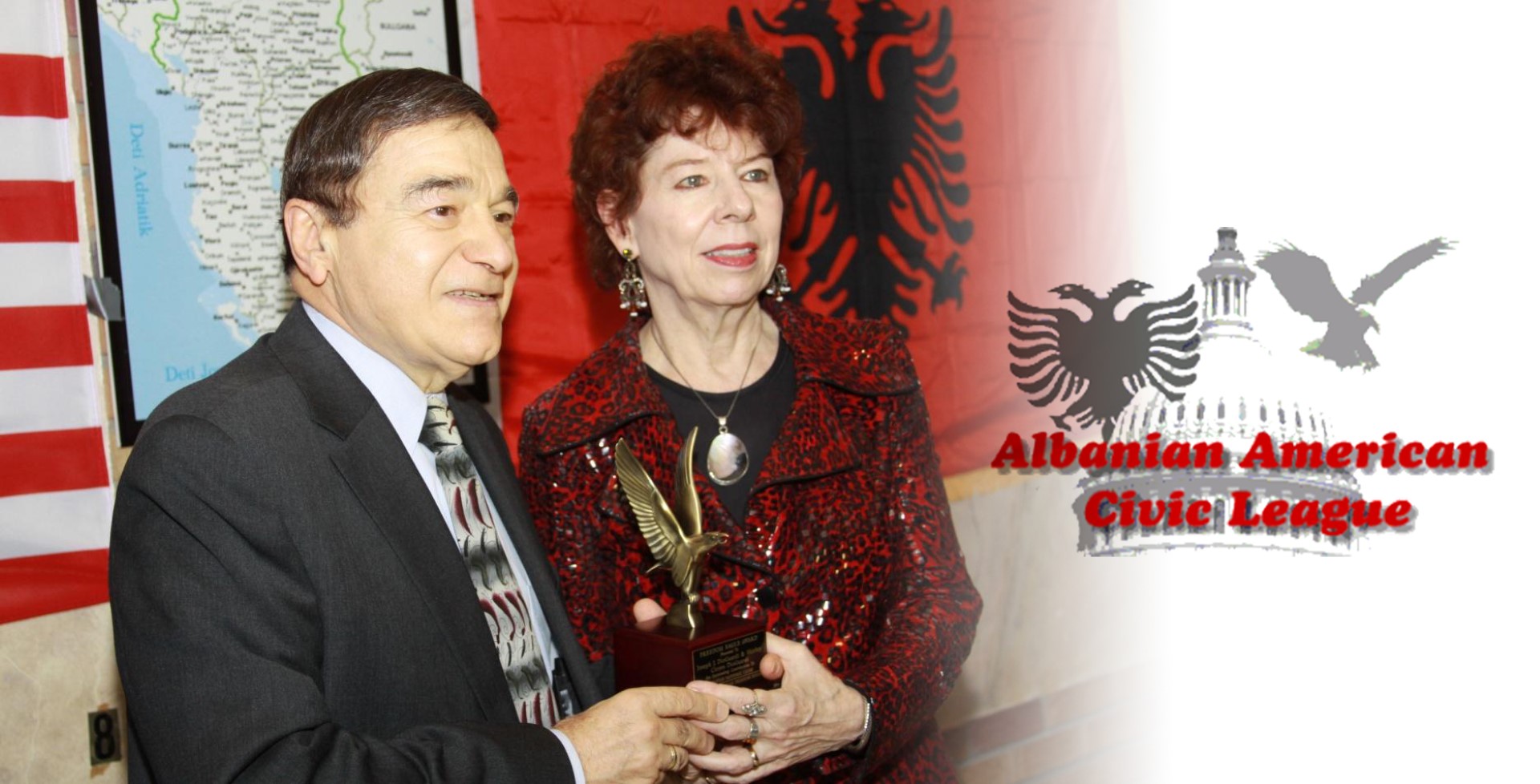| Dear Friend and Supporter,
The contrast between Serbia and Kosova could not be more dramatic. In Serbia, a small group of leaders control the country and have strong ties to Russia. In Kosova, Prime Minister Albin Kurti and President Vjosa Osmani represent democracy, which is about freedom.
The irony is that parts of Western Europe and some members of the US State Department have bowed to Serbia, repeatedly asking Kosova to make concessions to Belgrade, and, in particular, insisting on the creation of the Association of Serb Municipalities and Prime Minister Kurti going to the negotiating table without Serbia first recognizing Kosova as an independent nation.
The Serbian government continues to reject the territorial integrity and sovereignty of Kosova and to embrace Russia. Meanwhile, instead of recognizing Kosova as a democratic force in Southeast Europe, the West has put sanctions on Kosova, and five governments—Greece, Slovakia, Romania, Cyprus, and Spain—have declined to recognize Kosova’s independence. As a result, Kosova, has been unable to become fully independent and a member of the European Union since its declaration of independence on February 17, 2008.
Almost two decades later, Kosova’s parliamentary elections will take place on February 9, 2025. It will be important for the largest political parties in Kosova to put aside their race for power and support the return of Prime Minister Kurti’s ruling Vetvendosje party. Why? Because the current government has demonstrated that it is working to protect the interests of the country and has had the strength to stand up to steps that would carve up Kosova at a time when democracy is in crisis in parts of Western and Eastern Europe.
As Serge Schmemann, a member of The New York Times’ editorial board specializing in international affairs, stated in his January 12, 2025 opinion piece in The Times, (quoting a colleague), “It is hard to travel in Europe these days or even to live in Washington without recognizing that liberal democracy is now in serious trouble in the world.”
The irony is that Kosova has been placed under sanctions when it should be recognized as a democracy and one that need not be in crisis if all political parties come together for European recognition. This is why it is important for Kosova’s political parties to stand behind Kosova’s commitment to the security and prosperity of Kosova and the region.
It is especially important with President Elect Donald Trump’s appointment of Richard Grenell as Special Missions Envoy, one with a history of disproportionately favoring Serbia, supporting Serbia’s refusal to recognize Kosova’s independence, and pressuring Kosova to make political and economic concessions. With the start of the Trump administration, there is no guarantee of international recognition of Kosova’s independence.
Fortunately, there are many important voices who agree with the Albanian American Civic League that steps must be taken to recognize Kosova as a voice of freedom and to bring lasting peace and stability to Southeast Europe by first standing up to the role that Serbian President Alekdandar Vucic and his anti-Albanian partners have played.
Besnik Biislimi, Kosova’s First Deputy Prime Minister and chief negotiator in the EU-facilitated talks with Serbia, stated on October 30, 2024 that, “On the one hand Serbia sends letters of commitment towards the European Commission stating the willingness to implement obligations deriving from the dialogue process, just so they can get millions of euros from the EU and the Growth Plan for the Western Balkans. On the other hand, they continue to violate the agreements, the territorial integrity and sovereignty of Kosova, and make every attempt to continue to block the way forward in the normalization process.”
That day Bislimi called for the removal of the EU’s unfair penalty measures against Kosova, stating that they remain in force even after the findings of the High Representative of the EU’s Foreign Policy, Josep Borrell, recommended their removal.
The time has arrived to assess clearly the destabilizing role of Serbia in the Western Balkans, with its ties to both Russia and China, and Kosova’s adherence to the democratic values of the United States, the UK, and Western Europe.
All the best,
Shirley Cloyes DioGuardi
Balkan Affairs Adviser |
